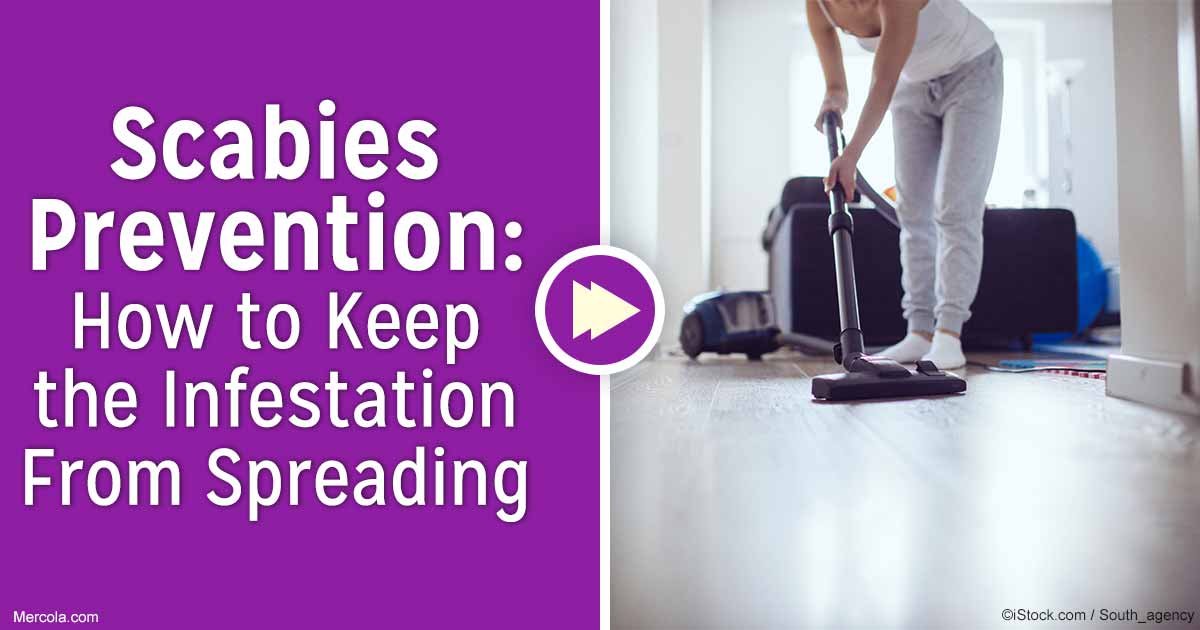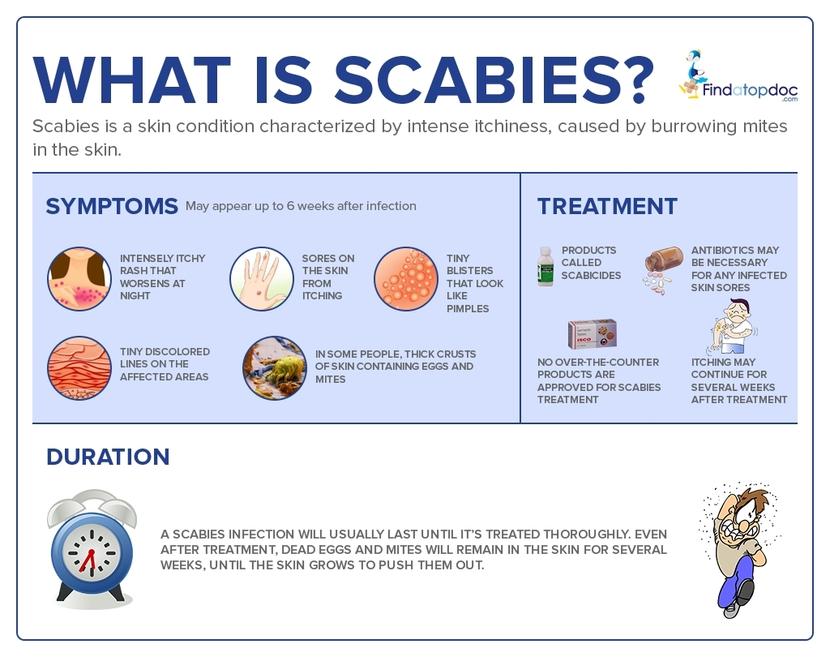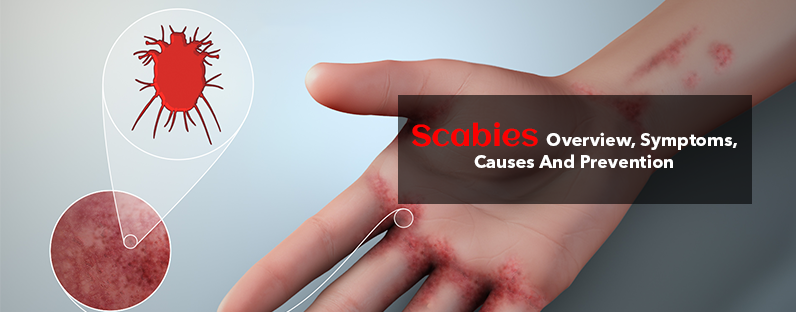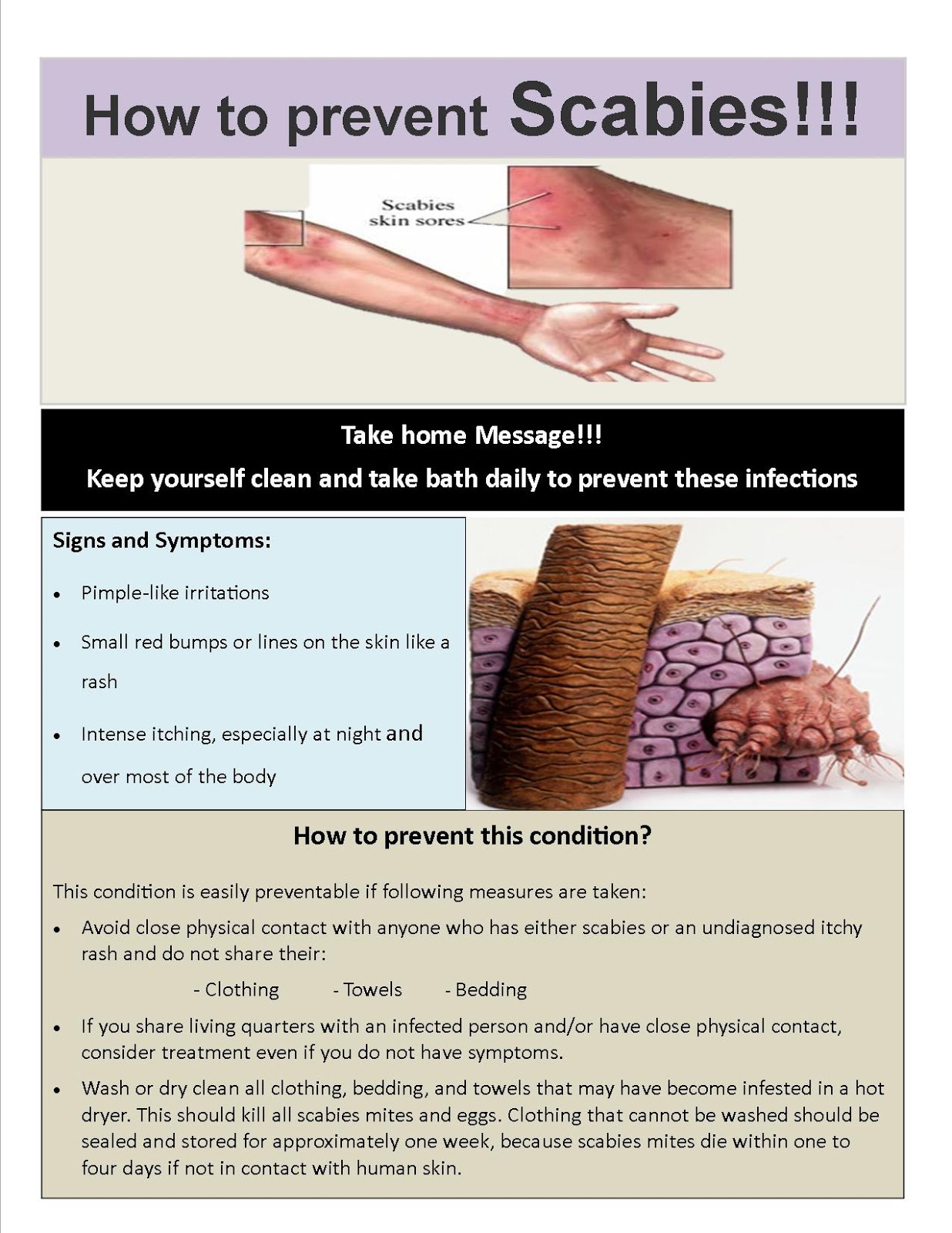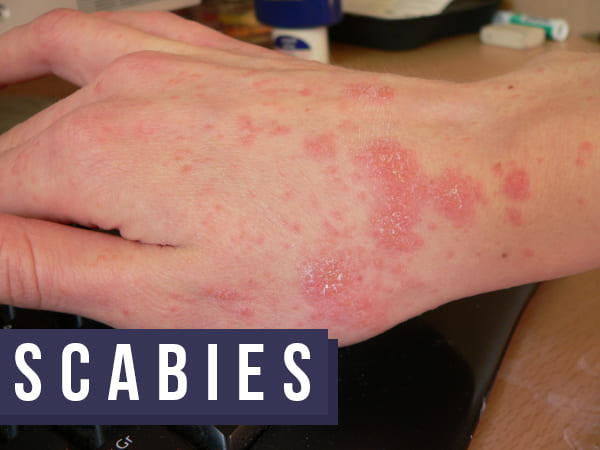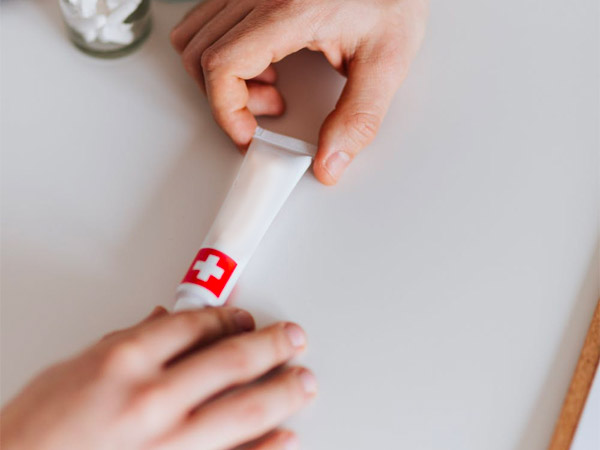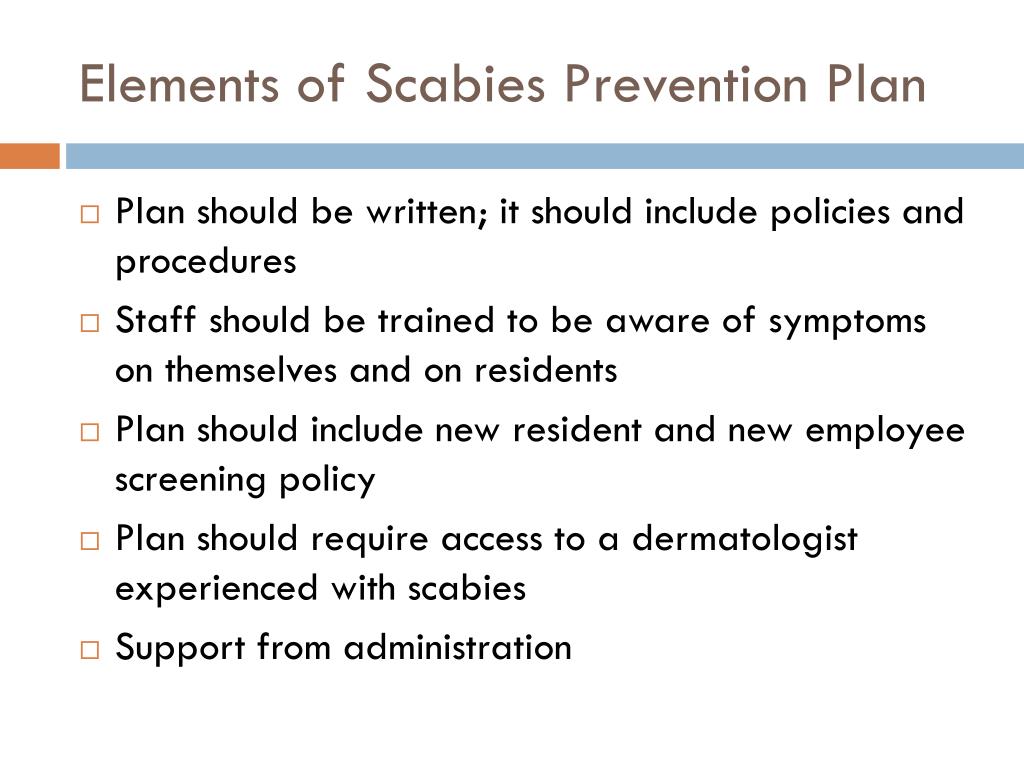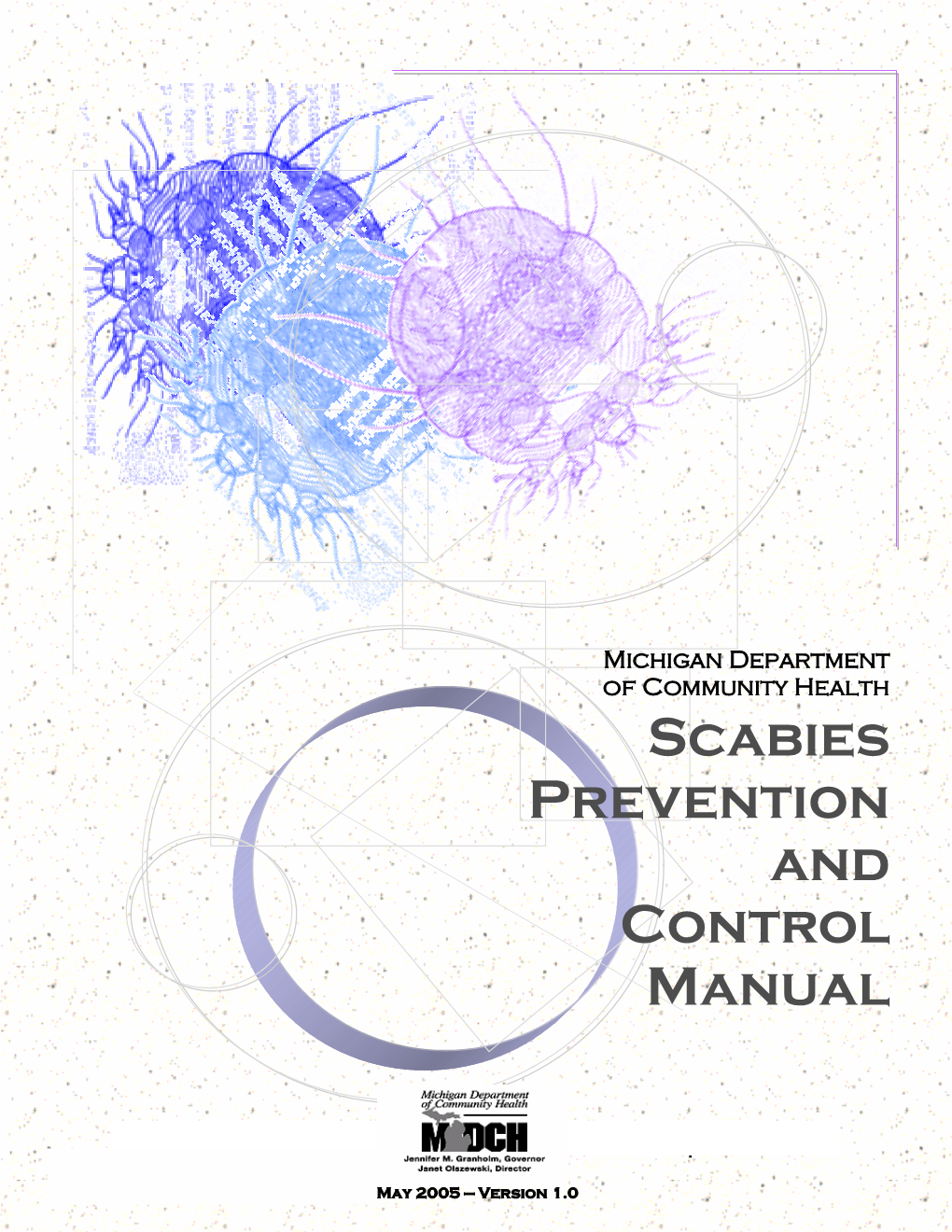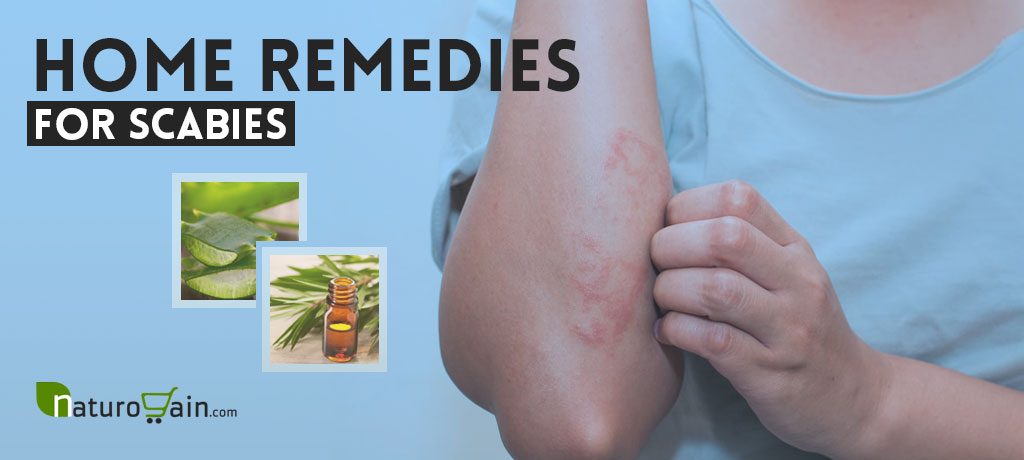Scabies is a highly contagious skin infestation caused by the microscopic mite Sarcoptes scabiei. This parasitic insect burrows into the top layer of skin, where it lays eggs and causes intense itching and a rash. Scabies is most commonly transmitted through direct skin-to-skin contact, making it easy to spread among individuals living in close quarters. In this article, we will cover the causes, symptoms, and treatment of scabies, as well as how a mattress cover can help prevent its spread.Scabies: Causes, Symptoms, and Treatment
The first sign of a scabies infestation is usually intense itching, particularly at night. This is caused by the mites burrowing into the skin and laying eggs. Other symptoms may include a rash, small bumps or blisters, and thick, grayish-white lines on the skin where the mites have burrowed. If you suspect you have scabies, it is important to see a doctor for a proper diagnosis and treatment plan. Scabies is typically treated with prescription medications, such as permethrin cream or ivermectin. These medications kill the mites and their eggs, providing relief from symptoms. However, it is important to note that these medications may not kill the eggs, so a second round of treatment may be necessary. It is also important to treat all household members and close contacts to prevent re-infestation.Scabies: Diagnosis and Treatment
The best way to prevent scabies is to avoid close contact with infected individuals. This can be difficult, as scabies is most commonly spread through skin-to-skin contact. However, there are some steps you can take to reduce your risk of getting scabies. First, it is important to wash all bedding, clothing, and towels in hot water and dry them on high heat. This will help kill any mites or eggs that may be on these items. It is also recommended to vacuum carpets and furniture regularly, as mites can survive for a few days off of the human body. Additionally, avoiding sharing personal items, such as clothing, towels, and bedding, can help prevent the spread of scabies. If you are in close contact with someone who has scabies, it may be beneficial to wash your hands frequently and avoid touching your face.Scabies: Prevention
If you are concerned about getting scabies, there are some steps you can take to prevent it. These include: 1. Avoid close contact with infected individuals. As mentioned earlier, scabies is most commonly spread through skin-to-skin contact, so avoiding close contact with infected individuals is the best way to prevent its spread. 2. Wash all bedding, clothing, and towels in hot water. This will help kill any mites or eggs that may be on these items. 3. Dry bedding, clothing, and towels on high heat. This will help kill any remaining mites or eggs that may have survived the washing process. 4. Vacuum carpets and furniture regularly. Mites can survive for a few days off of the human body, so vacuuming can help remove any potential sources of infestation. 5. Avoid sharing personal items. This includes clothing, towels, bedding, and any other personal items that may come into contact with an infected individual. 6. Wash your hands frequently. If you are in close contact with someone who has scabies, it is important to wash your hands frequently to prevent the spread of mites. 7. Avoid touching your face. Mites can easily spread from the hands to the face, so avoiding touching your face can help prevent infestation. 8. Treat all household members and close contacts. If one person in your household has scabies, it is important to treat all household members and close contacts to prevent re-infestation. 9. Follow treatment instructions carefully. It is important to follow the instructions provided by your doctor when it comes to treatment. This may include applying medication to the entire body, not just the affected areas. 10. Seek medical attention if symptoms persist. If your symptoms do not improve after treatment, it is important to see a doctor for further evaluation. 11. Avoid scratching. Scratching can lead to open wounds, which can increase the risk of infection. 12. Keep your nails short. This can help prevent scratching and reduce the risk of infection. 13. Practice good hygiene. Keeping your skin clean can help prevent the spread of mites. 14. Use a mattress cover. A mattress cover can provide an extra layer of protection against scabies and help prevent the spread of mites.How to Prevent Scabies: 14 Steps (with Pictures)
In addition to the steps listed above, there are some other measures you can take to prevent and control scabies. 1. Avoid crowded living conditions. Scabies is more likely to spread in crowded living environments, so avoiding these situations can help reduce your risk. 2. Practice good personal hygiene. This includes keeping your skin clean and avoiding sharing personal items. 3. Educate others about scabies. The more people know about scabies, the better equipped they will be to prevent its spread.Scabies: Prevention and Control
If you do end up with scabies, it is important to seek treatment as soon as possible to prevent its spread. In addition to the treatment methods mentioned earlier, there are some natural remedies that may help alleviate symptoms and support the healing process. These include: 1. Tea tree oil. This essential oil has antimicrobial properties and may help kill mites and their eggs. 2. Neem oil. This oil has insecticidal properties and may help kill mites and relieve itching. 3. Aloe vera. This plant has anti-inflammatory properties and may help soothe the skin and reduce itching. 4. Clove oil. This oil has antimicrobial and anti-inflammatory properties and may help relieve itching and promote healing.Scabies: Prevention and Treatment
There are also some strategies you can implement to prevent and control scabies in your home or community. 1. Educate others. As mentioned earlier, educating others about scabies is key to preventing its spread. 2. Follow proper hygiene practices. This includes regular hand washing, keeping your skin clean, and avoiding sharing personal items. 3. Use a mattress cover. A mattress cover can provide an extra layer of protection against scabies and help prevent the spread of mites. 4. Keep your living environment clean. Regularly vacuuming and disinfecting surfaces can help reduce the risk of infestation. 5. Avoid contact with infected individuals. If you know someone who has scabies, it is best to avoid close contact with them until they have completed treatment.Scabies: Prevention and Control Strategies
In conclusion, scabies is a highly contagious skin infestation that can be prevented and treated with proper precautions. If you suspect you have scabies, it is important to see a doctor for a proper diagnosis and treatment plan. Additionally, implementing preventive measures such as washing bedding and using a mattress cover can help reduce the risk of infestation and control the spread of scabies. By following these strategies, you can help keep yourself and others safe from this uncomfortable and highly contagious condition.Scabies: Prevention and Treatment
The Importance of Mattress Covers in Preventing Scabies

What is Scabies?
:max_bytes(150000):strip_icc()/scabies-overview-1069441_final-3c56234c772f4e7bb836ec8d9beceb0a.png) Scabies is a contagious skin infestation caused by a tiny mite called Sarcoptes scabiei. These mites burrow into the skin, causing intense itching and a rash. Scabies is often spread through close personal contact or by sharing bedding and other personal items. The mites can survive for up to 72 hours without a host, making it easy for them to spread from person to person.
Scabies is a contagious skin infestation caused by a tiny mite called Sarcoptes scabiei. These mites burrow into the skin, causing intense itching and a rash. Scabies is often spread through close personal contact or by sharing bedding and other personal items. The mites can survive for up to 72 hours without a host, making it easy for them to spread from person to person.
How Can Mattress Covers Help?
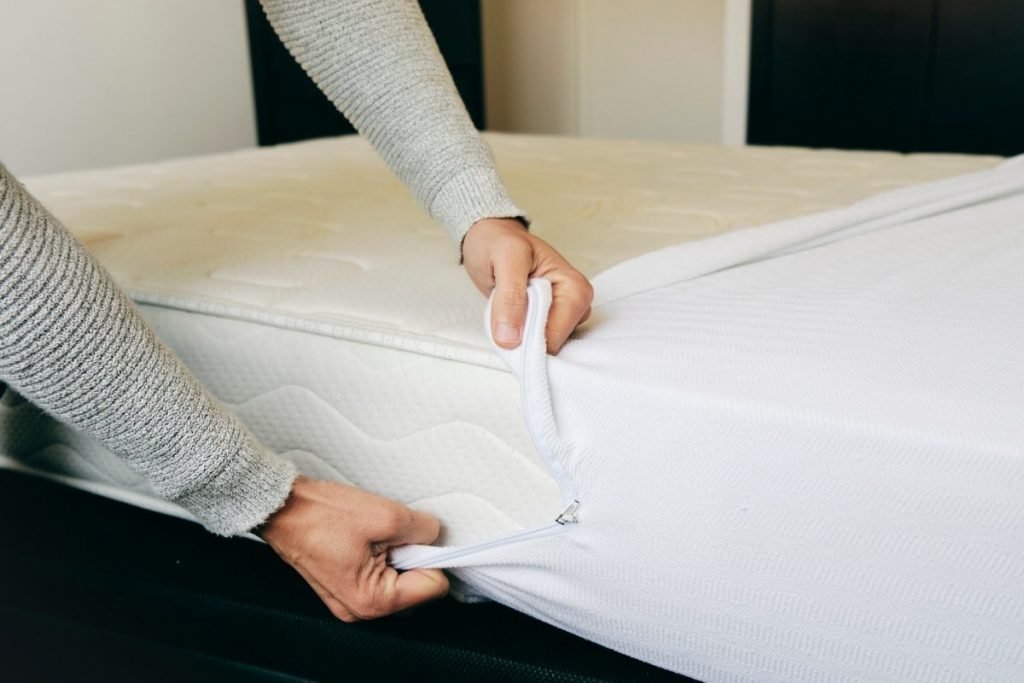 Mattress covers, also known as encasements, are specially designed covers that completely encase your mattress, acting as a barrier between you and the mites. These covers are made of a tightly woven fabric that prevents the mites from burrowing into your mattress and living there. This not only protects you from getting scabies from an infested mattress but also prevents the mites from spreading to other parts of your home.
Mattress covers, also known as encasements, are specially designed covers that completely encase your mattress, acting as a barrier between you and the mites. These covers are made of a tightly woven fabric that prevents the mites from burrowing into your mattress and living there. This not only protects you from getting scabies from an infested mattress but also prevents the mites from spreading to other parts of your home.
Preventing Infestation
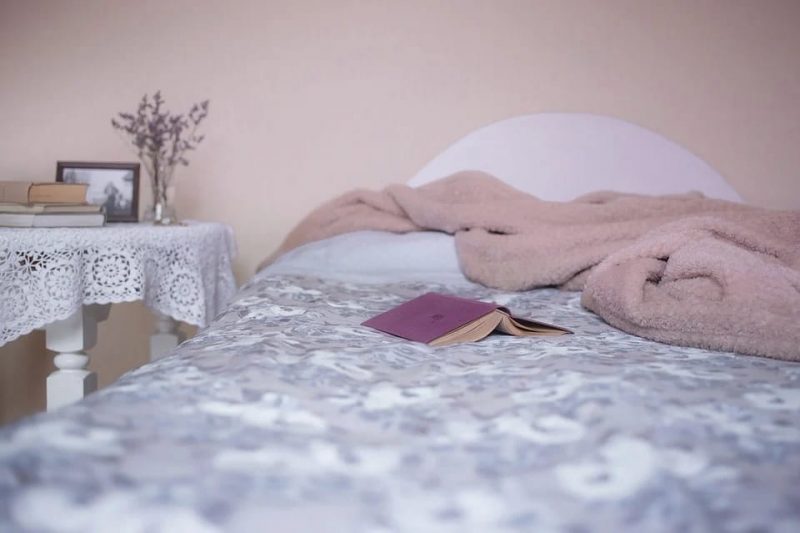 One of the key benefits of using a mattress cover is that it can prevent an infestation from occurring in the first place. If you have a family member or roommate who has scabies, using a mattress cover on their bed can prevent the mites from spreading to your mattress and potentially infecting you. It is also important to wash all bedding and clothing in hot water and dry on high heat to kill any mites that may be present.
One of the key benefits of using a mattress cover is that it can prevent an infestation from occurring in the first place. If you have a family member or roommate who has scabies, using a mattress cover on their bed can prevent the mites from spreading to your mattress and potentially infecting you. It is also important to wash all bedding and clothing in hot water and dry on high heat to kill any mites that may be present.
Easy to Clean and Maintain
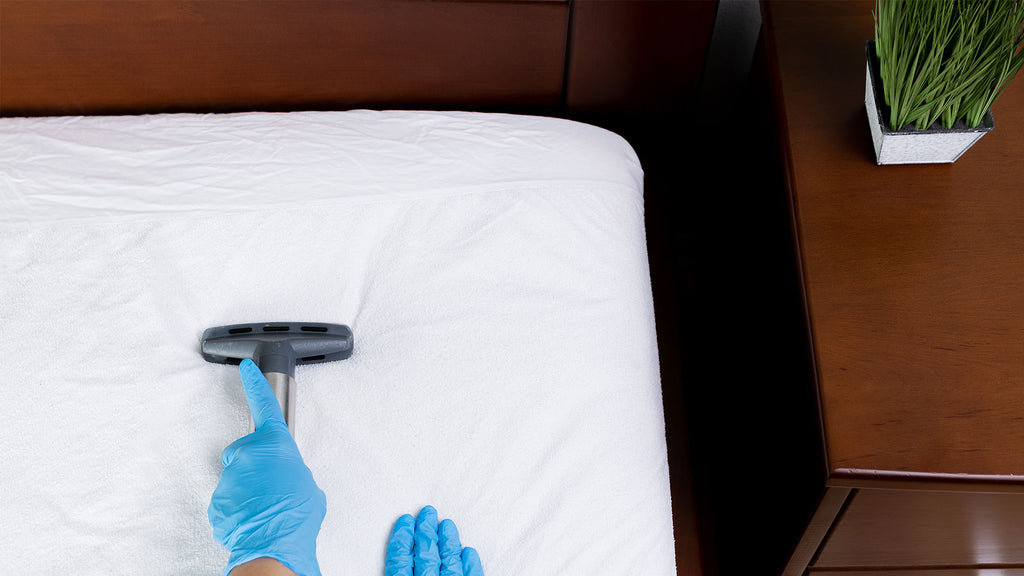 Mattress covers are easy to remove and wash, making it simple to keep your bed clean and free from mites. It is recommended to wash the cover every two weeks to keep it free from any mites or allergens. This also helps to keep your mattress in good condition, as it is protected from spills and stains.
Maintaining a Clean and Healthy Home
In addition to preventing scabies, mattress covers also offer other health benefits. They create a barrier against dust mites, allergens, and bed bugs, helping to alleviate symptoms for those with allergies or asthma. By keeping your mattress clean and protected, you can ensure a healthier and more comfortable sleep environment.
Conclusion:
In conclusion, using a mattress cover is an important step in preventing a scabies infestation and maintaining a clean and healthy home. By creating a barrier between you and the mites, these covers can help protect you and your loved ones from the discomfort and inconvenience of scabies. Invest in a good quality mattress cover today and enjoy a peaceful and worry-free sleep.
Mattress covers are easy to remove and wash, making it simple to keep your bed clean and free from mites. It is recommended to wash the cover every two weeks to keep it free from any mites or allergens. This also helps to keep your mattress in good condition, as it is protected from spills and stains.
Maintaining a Clean and Healthy Home
In addition to preventing scabies, mattress covers also offer other health benefits. They create a barrier against dust mites, allergens, and bed bugs, helping to alleviate symptoms for those with allergies or asthma. By keeping your mattress clean and protected, you can ensure a healthier and more comfortable sleep environment.
Conclusion:
In conclusion, using a mattress cover is an important step in preventing a scabies infestation and maintaining a clean and healthy home. By creating a barrier between you and the mites, these covers can help protect you and your loved ones from the discomfort and inconvenience of scabies. Invest in a good quality mattress cover today and enjoy a peaceful and worry-free sleep.

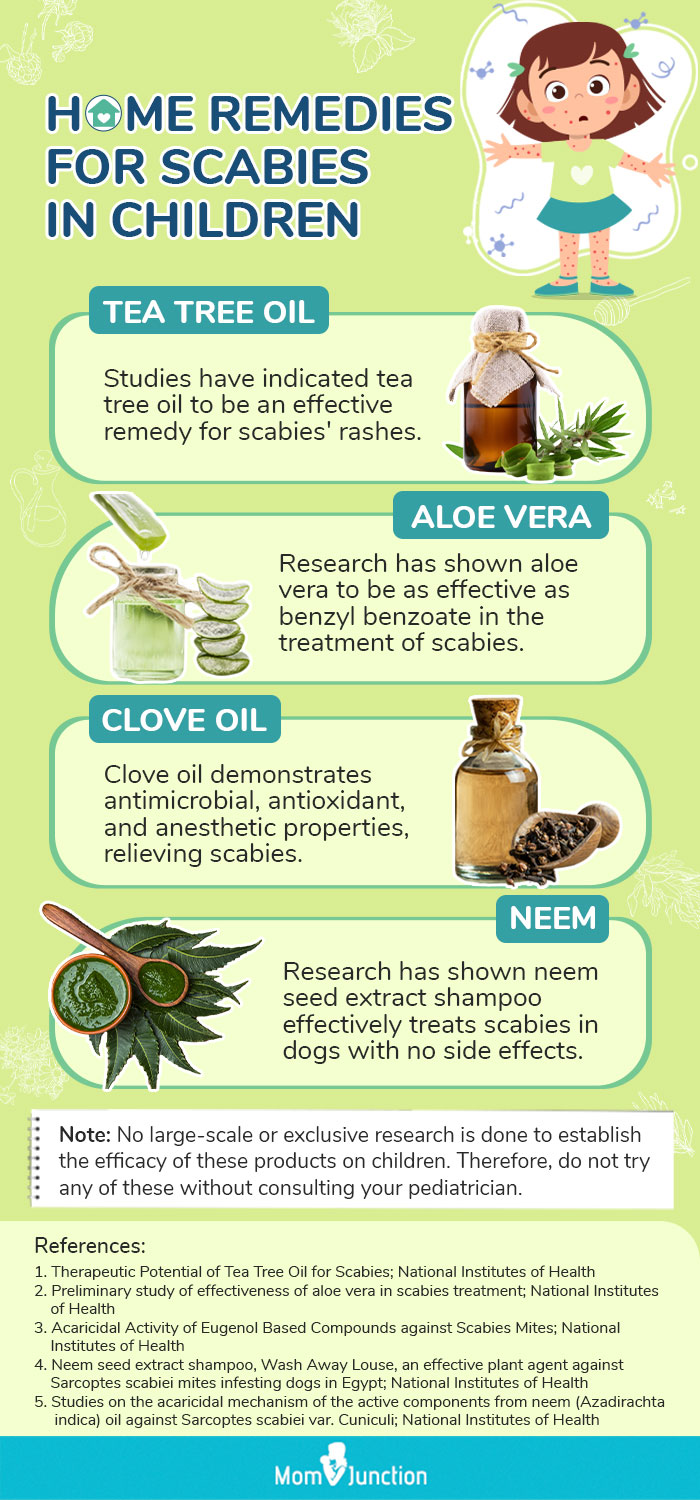
:max_bytes(150000):strip_icc()/scabies-causes1-5ad0c8763037130037e82d53.png)

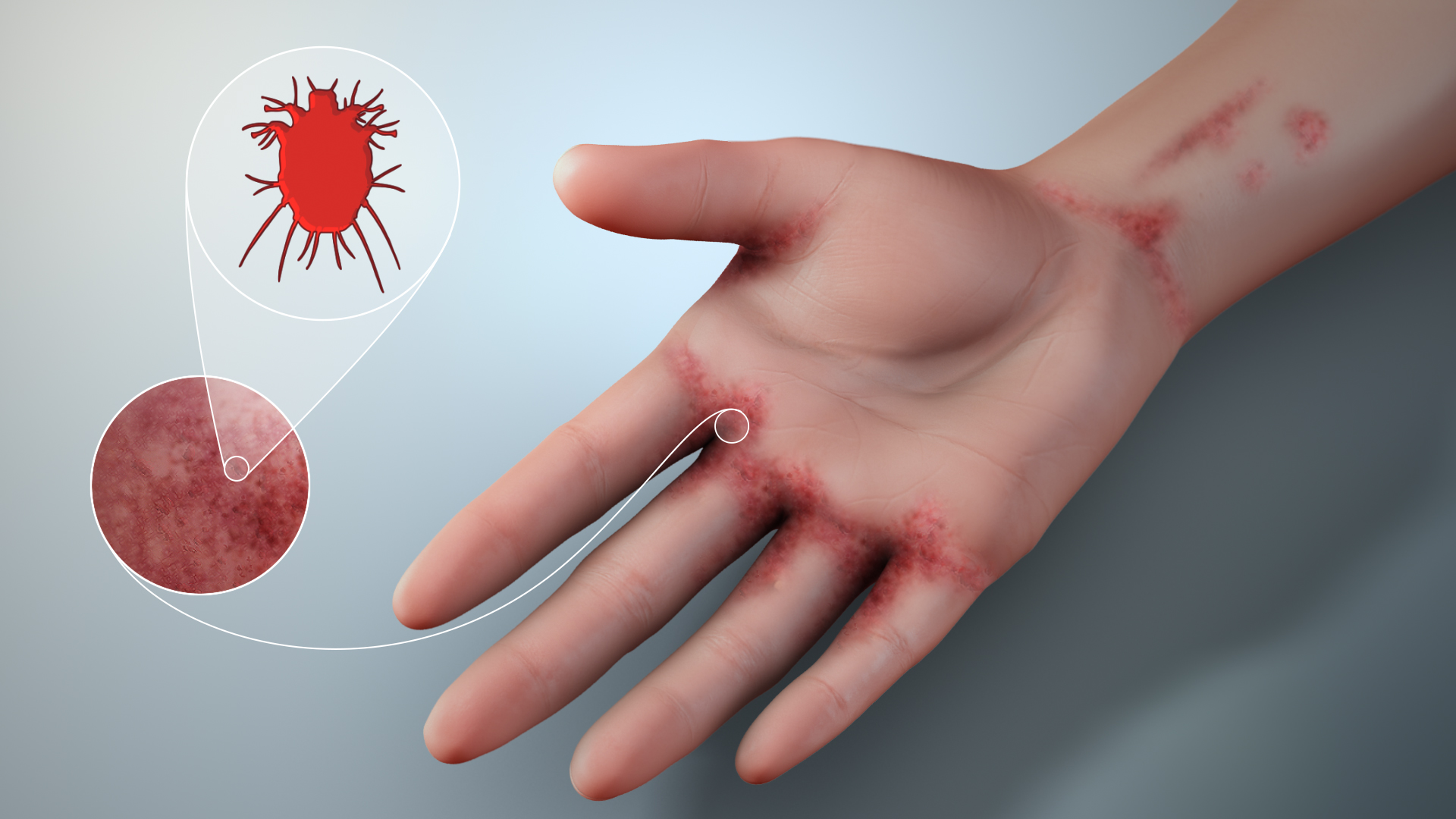


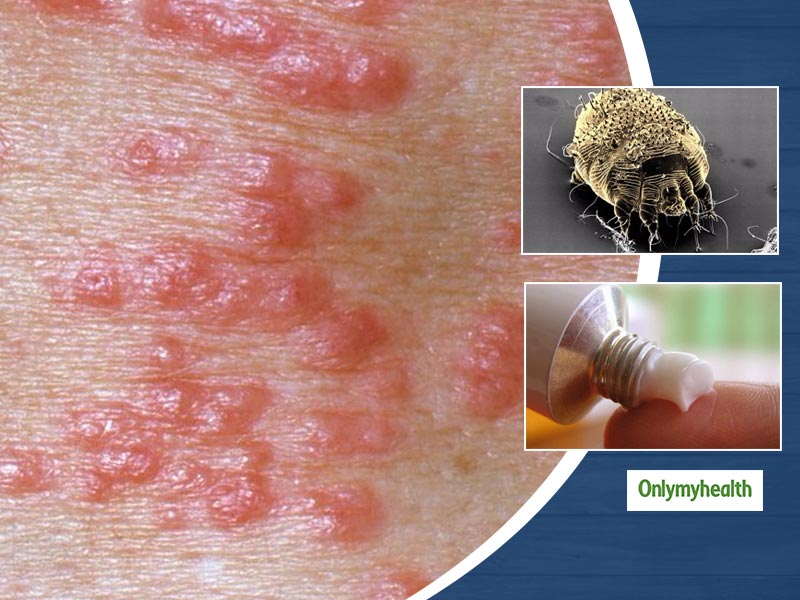





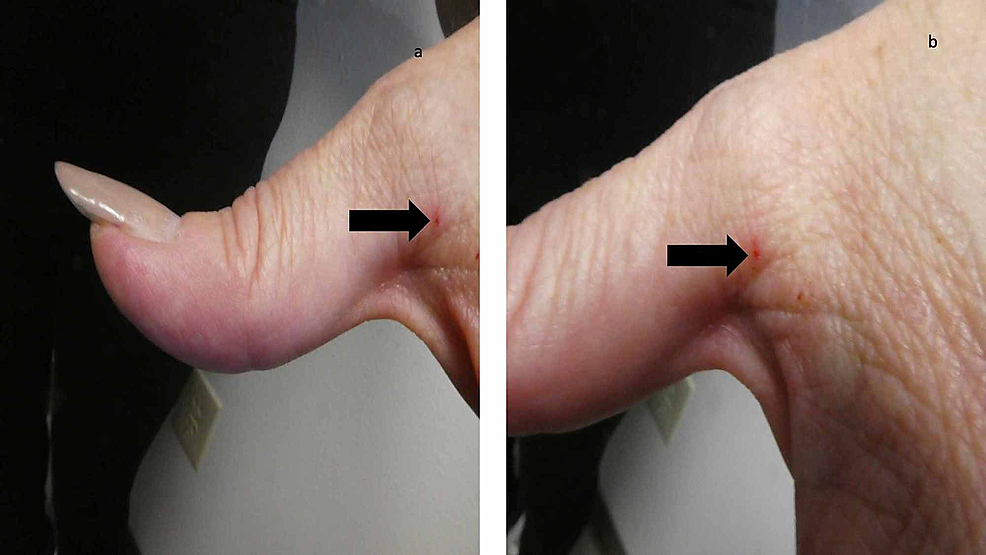
:max_bytes(150000):strip_icc()/scabies-overview-1069441_final-3c56234c772f4e7bb836ec8d9beceb0a.png)





:max_bytes(150000):strip_icc()/Verywell_Scabies_Treatment_3133045_V1-fbcba38ca67e449581ee731c2be904c8.jpg)

